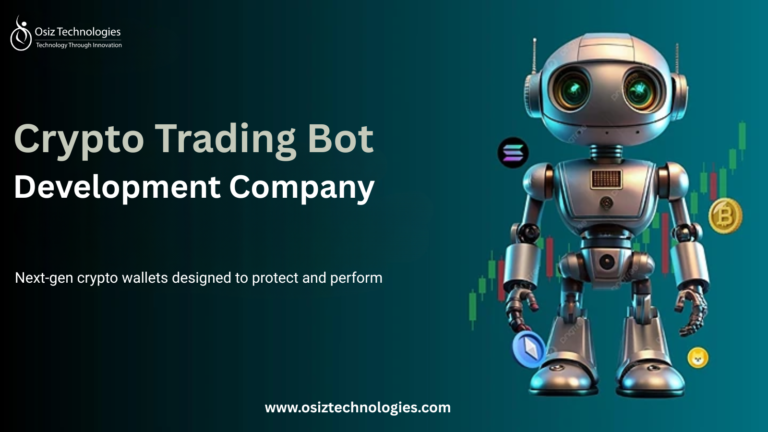Artificial Intelligence is reshaping the way businesses operate, and at the forefront of this change are AI agents autonomous systems capable of perceiving, reasoning, acting, and learning. But as companies consider integrating AI agents, questions naturally arise. This guide answers the most common queries about AI agent development solutions, providing insights into their value, implementation, and future potential.
1. What Are AI Agents?
AI agents are software systems designed to act independently in a dynamic environment. Unlike traditional automation, which follows pre-set rules, AI agents can learn from data, make decisions, and adapt their behavior.
Key capabilities of AI agents include:
-
Perception: Gathering and interpreting data.
-
Reasoning: Understanding context to make informed choices.
-
Decision-Making: Selecting the best action for a given situation.
-
Action: Executing tasks autonomously.
-
Learning: Continuously improving performance through feedback.
2. Why Do Businesses Need AI Agent Development Solutions?
Building an AI agent from scratch can be highly complex, requiring expertise in machine learning, data management, cloud infrastructure, and security. AI agent development solutions simplify this process by providing ready-to-use frameworks, integration tools, and governance systems.
Benefits include:
-
Faster development cycles.
-
Seamless integration with enterprise systems.
-
Scalable infrastructure to grow with business needs.
-
Secure and compliant deployment.
-
Reduced cost and resource requirements.
3. Which Industries Benefit the Most From AI Agents?
AI agents are versatile and applicable across multiple sectors. Some examples include:
Healthcare:
-
Diagnostic agents analyzing patient scans.
-
Virtual health assistants providing reminders and guidance.
-
Workflow agents managing scheduling and resources.
Finance:
-
Fraud detection agents monitoring transactions.
-
Robo-advisors providing personalized financial guidance.
-
Compliance agents ensuring regulatory adherence.
Retail & E-Commerce:
-
Recommendation engines tailoring customer experiences.
-
Customer service agents handling queries 24/7.
-
Inventory management agents predicting stock levels.
Logistics & Manufacturing:
-
Predictive maintenance agents minimizing equipment downtime.
-
Supply chain agents optimizing routes and inventory.
-
Production agents balancing workloads efficiently.
Corporate Operations:
-
HR agents automating recruitment and onboarding.
-
IT support agents resolving technical issues.
-
Knowledge management agents improving employee access to data.
4. What Are the Benefits of Implementing AI Agents?
Businesses that adopt AI agents through structured AI agent development solutions gain multiple advantages:
-
Operational Efficiency: Automates repetitive and complex workflows.
-
Cost Reduction: Reduces labor-intensive tasks and errors.
-
Scalability: Supports growing workloads without proportional staffing.
-
Personalized Experiences: Offers customized services to clients and employees.
-
Data-Driven Insights: Enables smarter decision-making through continuous learning.
5. What Challenges Should Organizations Expect?
Despite their potential, AI agents are not without challenges:
-
Data Quality Issues: Poor or biased data can compromise accuracy.
-
Integration Hurdles: Legacy systems may complicate deployment.
-
Security & Privacy Concerns: Sensitive data must be protected.
-
Ethical Considerations: Transparency and fairness are critical for trust.
-
High Costs: Without proper frameworks, development can be expensive.
AI agent development solutions address these challenges by providing secure, compliant, and easy-to-use platforms.






